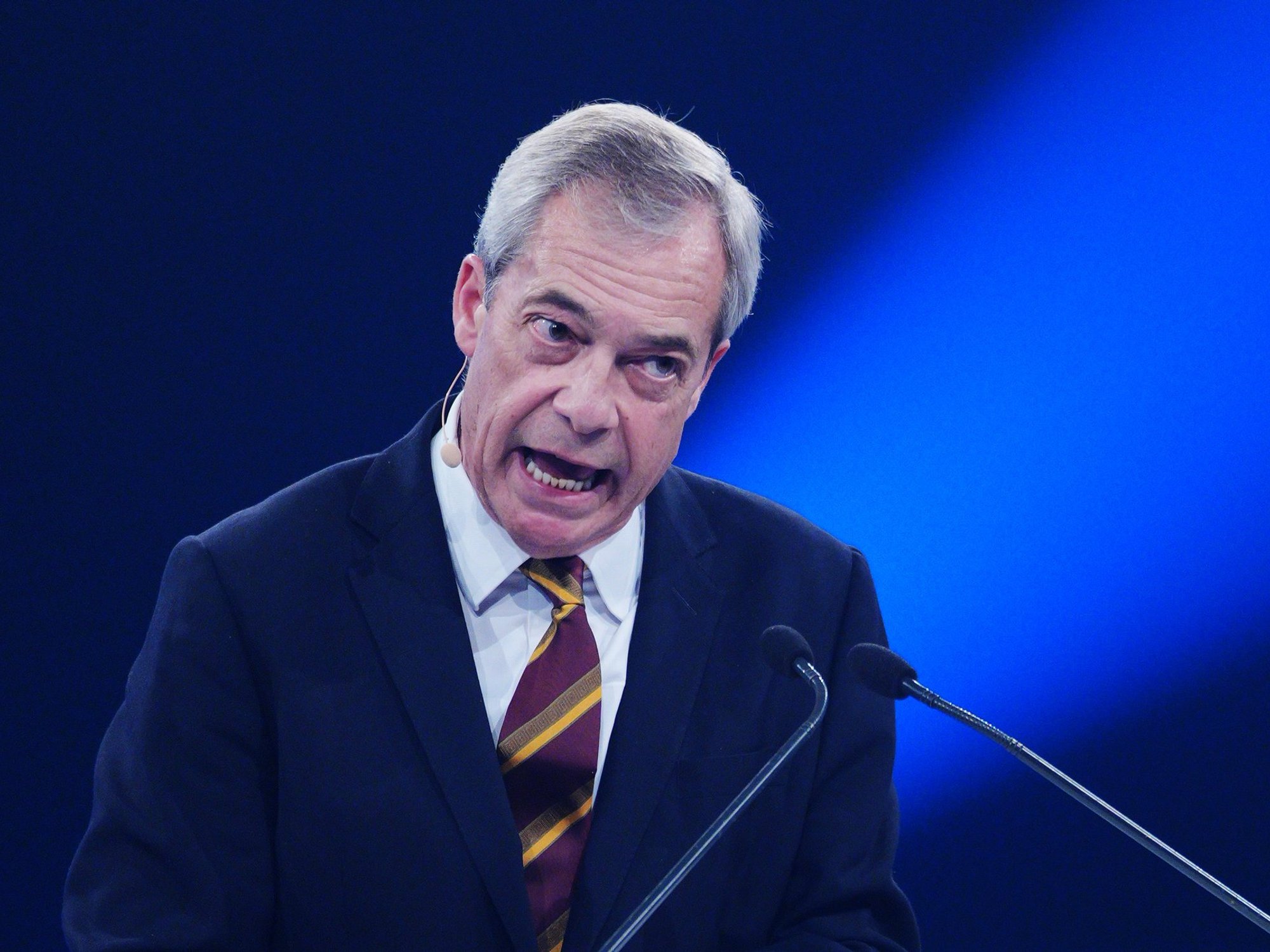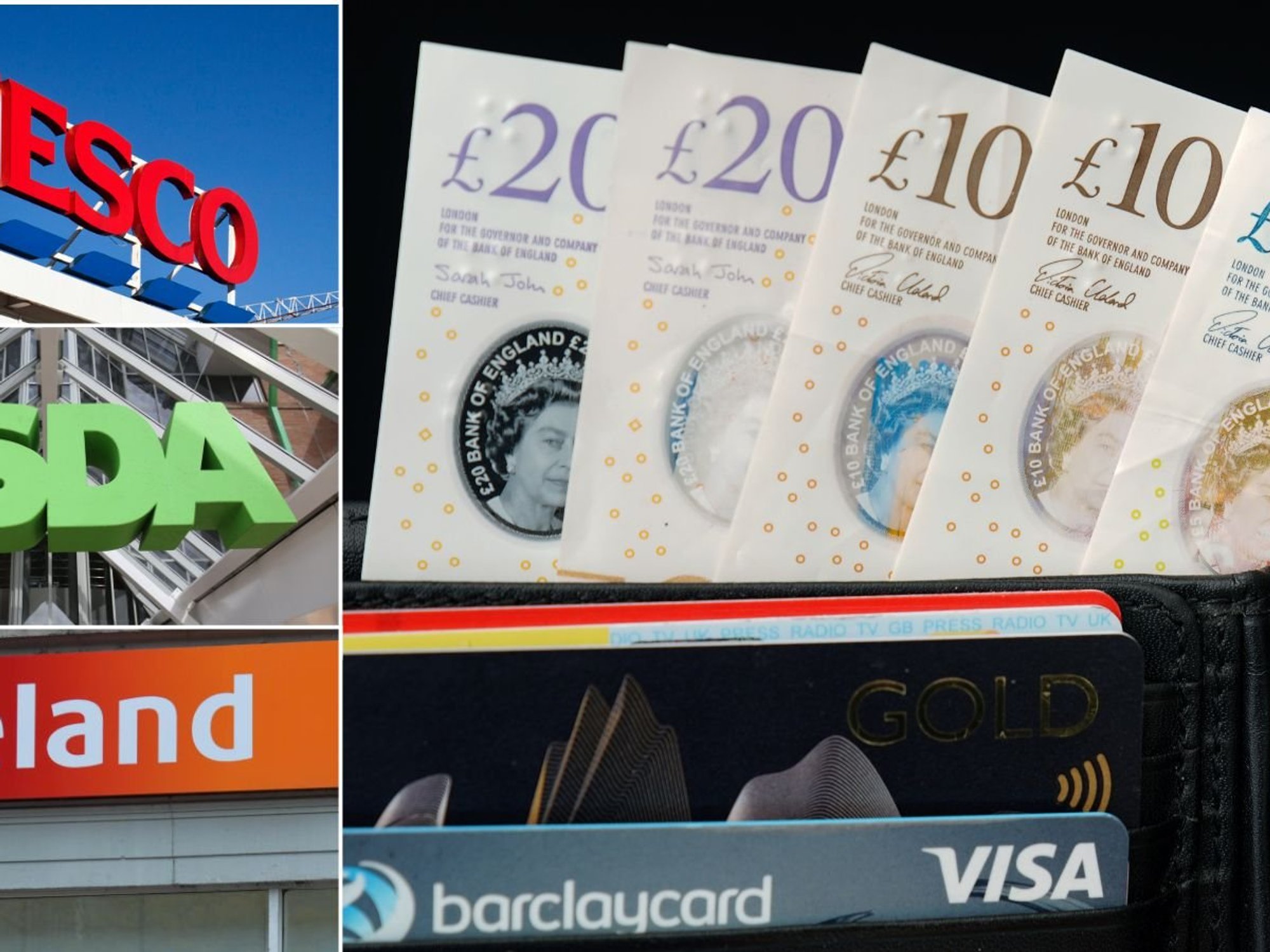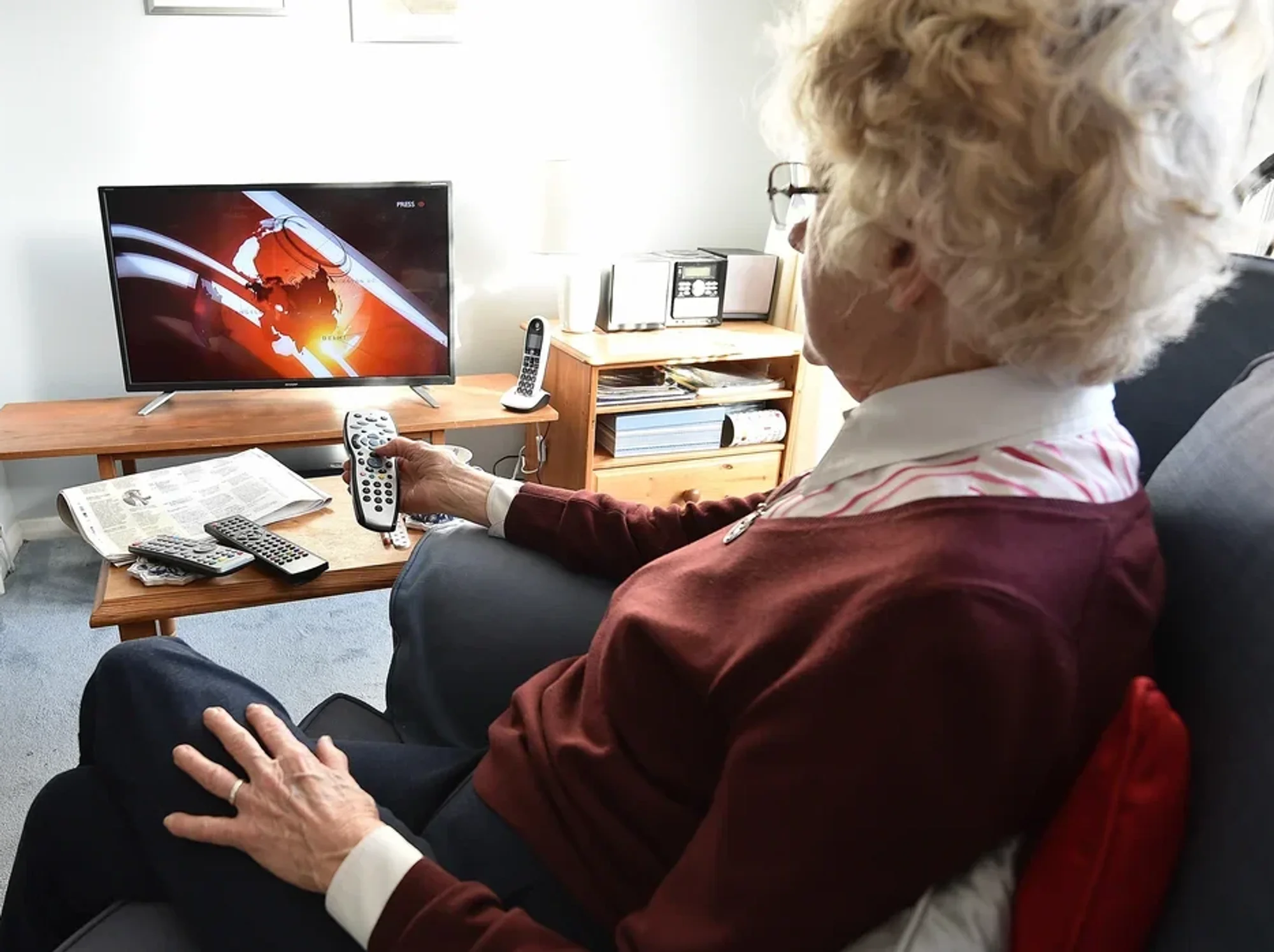HMRC recovers record £107million from landlords in rental income crackdown
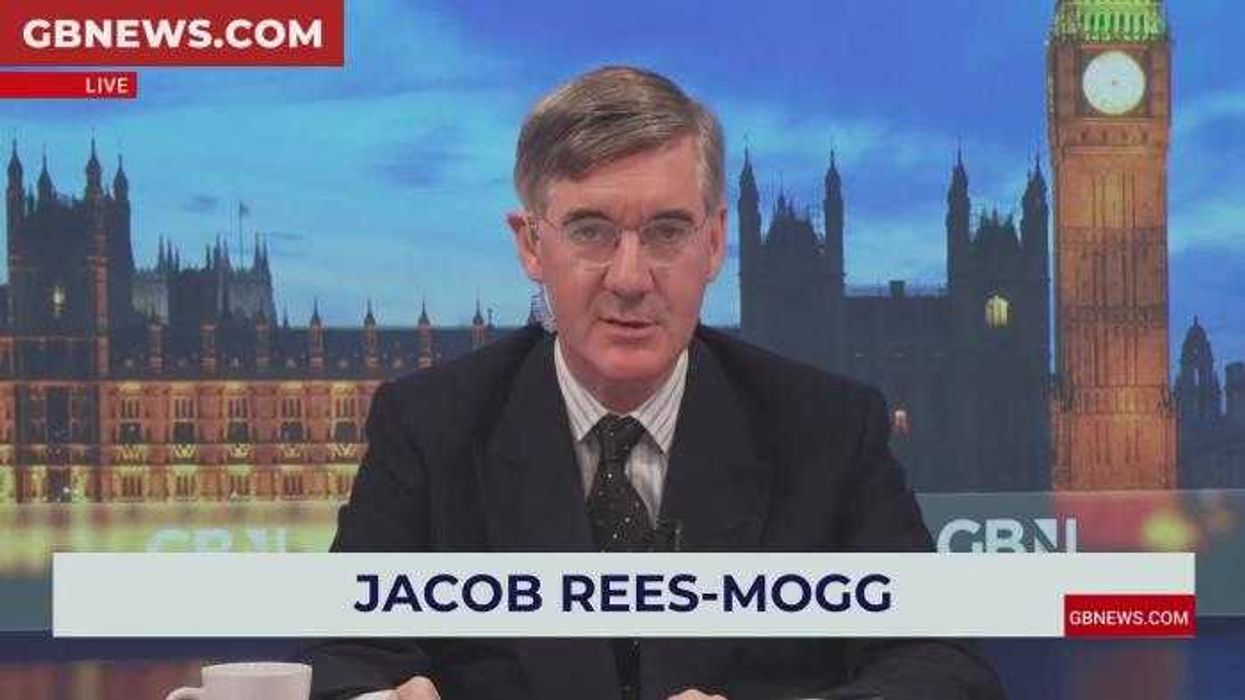
Jacob Rees-Mogg blasts the HMRC - WATCH |
GB News

Fewer landlords come forward but higher payments drive surge in Let Property Campaign recoveries
Don't Miss
Most Read
Britain’s tax authority collected a record £107million from property owners through its Let Property Campaign in the 2023–24 financial year.
The total marks a sharp rise from the £65million recovered in the previous period.
The campaign allows property owners to voluntarily declare unpaid rental income tax in return for reduced penalties.
Despite the higher yield, fewer landlords are coming forward.
TRENDING
Stories
Videos
Your Say
Only 7,800 made voluntary disclosures in 2023–24, down from around 11,000 the year before.
Data released under a freedom of information request suggests those who did participate settled significantly larger tax liabilities.
The average payment per landlord has grown as disclosure numbers fall.
HM Revenue & Customs launched the scheme in 2013 after estimating around 1.5million property owners were failing to declare rental income.
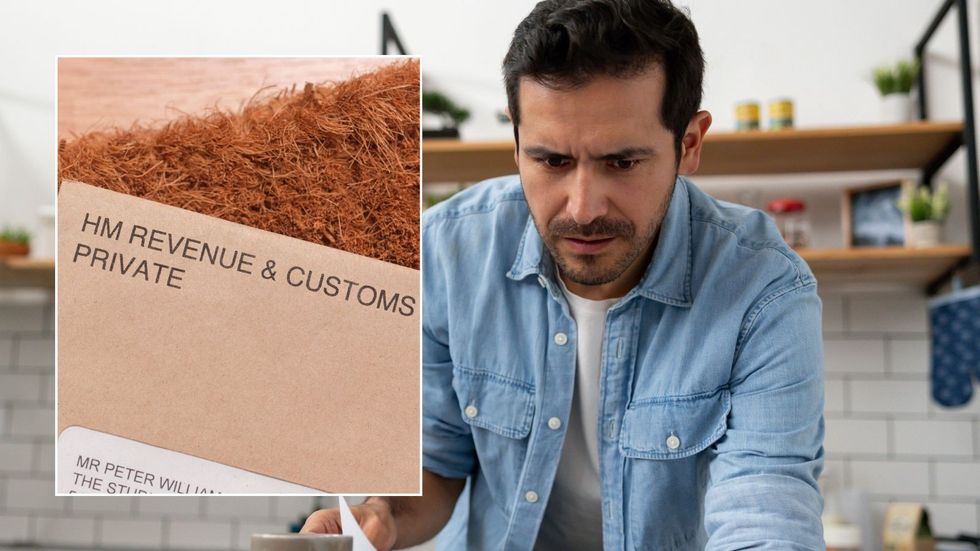
The campaign allows property owners to voluntarily declare unpaid rental income tax in return for reduced penalties
| GETTYAt the time, officials calculated the cost to the Treasury at £500million per year.
The authority has since expanded its use of data analysis to identify potential underpayments.
Landlords suspected of irregularities are often sent targeted correspondence, known as “nudge” letters, to encourage disclosure.
Andrew Park, of accountancy firm Price Bailey, who obtained the figures, said: "We've assisted large numbers of landlords in making voluntary disclosures over the past few years typically, after they've received an HMRC 'nudge' letter."

One recurring difficulty is the distinction between deductible repairs and capital improvements
| GETTYHoward Levy, of mortgage broker SPF Private Clients, said amateur landlords were “perhaps the most likely” to make errors.
He added: "This could include those who inherited a property with no mortgage so there are no checks and balances from a lender or who only occasionally let it out via friends or family via a platform which now provides data to HMRC."
One recurring difficulty is the distinction between deductible repairs and capital improvements.
Andrew Park explained: "Capital expenditure, such as installing a significantly upgraded kitchen, is not deductible against letting income, whereas repair and maintenance of an existing kitchen or a like-for-like replacement is deductible. That distinction can be grey around the edges and trips a lot of landlords up."
The rules for landlords have tightened in recent years.
Mortgage interest relief, once fully deductible against rental income, was phased out by 2020.
It has been replaced with a tax credit worth 20 per cent of mortgage interest, reducing relief for higher-rate taxpayers and lowering rental yields.
Property income below £1,000 remains tax-exempt.
Landlords must notify HMRC if earnings fall between £1,000 and £2,500.
Self-assessment becomes mandatory for income above £2,500 after deductions, or £10,000 before expenses.
LATEST DEVELOPMENTS:
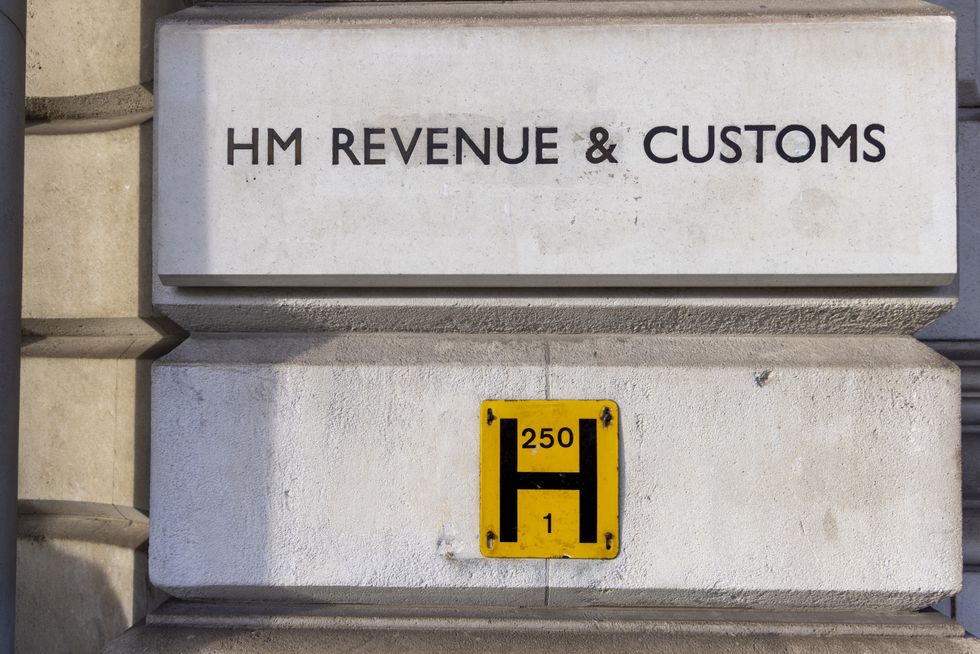
Penalties can reach 100 per cent of the tax owed, or double if assets are overseas
| GETTYHMRC has wide powers to pursue underpayments, including up to 20 years of historic liabilities in serious cases.
Penalties can reach 100 per cent of the tax owed, or double if assets are overseas.
However, genuine mistakes attract lighter treatment, with limits of six years on recovery and reduced penalties.
An HMRC spokesman said: "The Let Property Campaign is an opportunity for landlords to disclose any unpaid tax in a simple, straightforward way and take advantage of the best possible terms."
More From GB News





